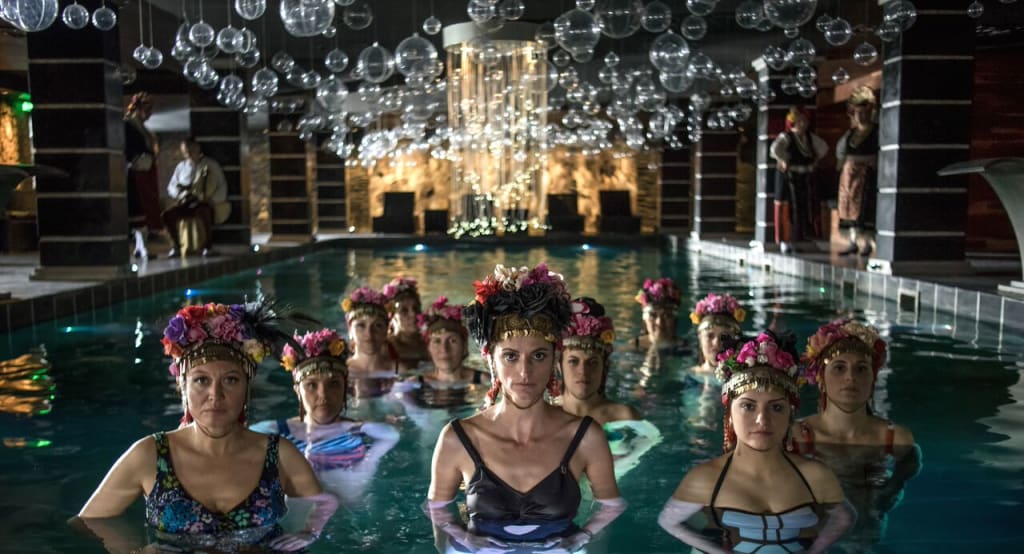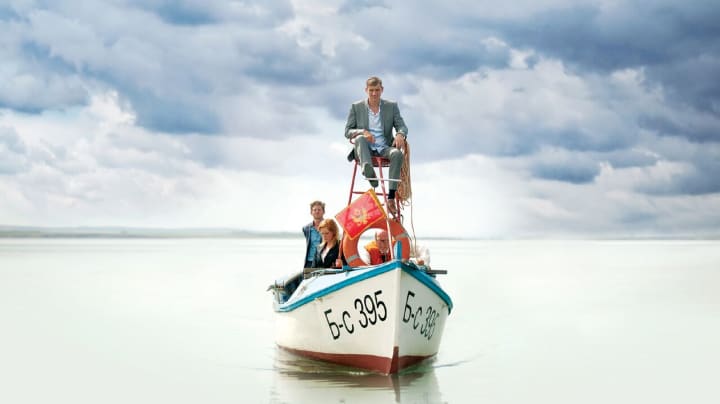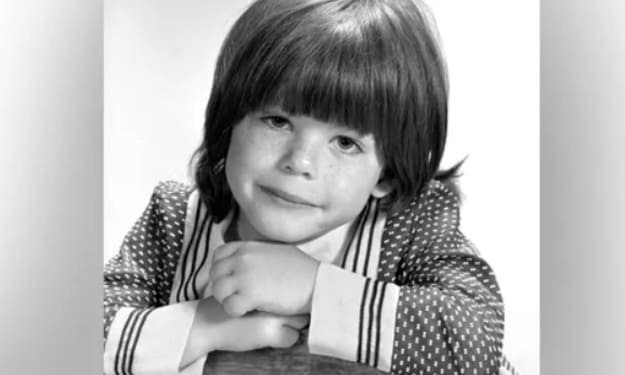King of the Belgians (2016): King Incognito in Terra Incognita of the Balkans
Let’s meet the Balkans, through the eyes of the most noble of the Europeans.

Overview
It’s not the first time Peter Brosens and Jessica Woodworth have come together for a movie. That’s quite straightforward considering the solid outcome of King of the Belgians. Their previous projects, such as arthouse film The Fifth Season, South America-focused Altiplano and Mongolian-based Khadak, all share a special interest in glorious images and appreciation of nature. This time, the directors’ duo delivers a delightful mockumentary, narrating the imaginary story of a king’s road trip through the Balkans.
King Nicholas the III (Peter Van den Begin), a fictional King of the Belgians, visits Turkey, celebrating its EU membership. He’s followed by a mixed group, which includes the Head of Protocol (Bruno Georis), the Royal Press Attaché (Lucie Debay) and his Personal Valet (Titus De Voogdt), together with a Documentary Director (Pieter van der Houwen), hired by the Queen (Nathalie Laroche) to shoot a royal profile.
Back in Belgium, Wallonians declare their independence and the kingdom just falls apart. In a mere coincidence, all flights are cancelled and communications disrupted due to a large solar storm. The King, so far an obedient puppet of his peers, suddenly decides to take charge and demands they hastily return home.
The Director orchestrates the escapade and the gang flees Turkey riding the bus of a local folk band. They pass through Bulgaria and reach Serbia’s borders, while Turkish security is after them, in an effort to avoid the scandal. Then, they run to Montenegro and take a boat to Italy, only to accidentally reach the Albanian cost and end up in jail. Over there, reality strikes back and the royal adventure comes casually to closure.
During the trip, the group meets a series of archetypical figures – think the Security Guard, the Black Sea Sirens, Kukeri, the Barefoot Mayor, the Angel/Peasant, the Beauty Queen, the ex-Sniper, etc., in the spirit of a classic tale.
Studious and well-balanced cuts, brilliant imagery, several imposing settings and a genuinely charming King Nicholas make for a light-hearted, beautiful film, where an ever-present tension is simmering under the surface.
Bonus Scene: the Black Sea Sirens singing the Komsomol Youth anthem, ‘Komunisti, Komsomoltzi, Pioneri’ (‘Комунисти, комсомолци, пионери’), by Peter Stupel, in front of the Buzludzha Monument.
Royal Trips in History

The Quest
Fictional King of the Belgians joins a long tradition of royal road trips, dating back to c. 450 BCE – 420 BCE and the famous Royal Road of the Persians.
The great kings of the past used to undertake seasonal trips due to the nomadic nature of their tribe, the need to exercise power over large territories or the establishment of diplomatic relations.
It is known that, from the Byzantine period onwards, various kings and emperors have travelled through the Balkans.
What is most interesting in King of the Belgians is that King Nicholas the III is way past his area of influence and expertise.
Likewise, in March 2016, amid migrant crisis, Prince Charles and Camilla arranged a 6-day tour in the Western Balkans, so as to promote peace and reconciliation in the region, with dubious results.
Balkans & Europe Today

The Encounter
The film addresses the current turbulent climate in the Balkans, as well as the fragile state of the EU.
The Balkans is the absolute Terra Incognita: it’s considered to be a completely unstable region, where an explosion may occur in any time. The countries the King of the Belgians is visiting, i.e. Turkey, Bulgaria, Serbia, Montenegro and Albania, have a short history of democracy and fluid borders. Sill, as all kings were deported in the 20th century, it can be a credible case study on the post-royal condition.
At this time, it’s kind of hard to imagine Turkey entering the European Union. Why is this scenario more distant than ever? As the Manager of Protocol suggests, it’s preferable not to mention Iraq, Syria, Israel, the Kurds and Armenia.
Additionally, he exposes Belgium’s federal troubles and debt as unwelcome topics. Talk about a right-to-the point remark!
The film highlights Brussels as the center of Europe and Belgium as ‘the button that keeps the shirt of Europe together’.When the group engages in an expression of Belgian clichés, it seems like Wallonians resemble Southern European countries (e.g. Greece), being both lazy and warm-hearted, while Flanders, such as Northern countries (e.g. Germany) are to be arrogant but inventive and innovative in nature.
The King Incognito Theme

Going astray
Another take on Ulysses, King of the Belgians captures the journey of a king without a kingdom, in search of both the way back home and the way to express himself. The more the King gets closer to villagers and peasants in the Balkans, the more he is able to find the right words and develop a proper speech, suitable to his own people.
In literature, apart from the most notable examples of Homer, Tacitus, Shakespeare’s King Lear and Henry V and Tolstoy’s The Three Questions, the King Incognito trope is typical in numerous traditions, from Jewish folktales and Indian stories to the Arab world, along with Christian and Buddhist scriptures. Legend has it that James V of Scotland and Alfred the Great (see Alfred the Saxon King (Disguised as a Minstrel) in the Tent of Guthrum the Dane by Daniel Maclise) also used to socialize with their people in disguise.
A similar theme appears on screen on several occasions, from The Runaway Princess in the 1920s, old-time-classic Robin Hood and Arthurian Camelot, to Roman Holiday, featuring Audrey Hepburn and Gregory Peck and the 80s hit Coming to America. Recently, The Royal Night Out and the pop culture Undercover Princes reality series, add to the list.
All of the above present the same leitmotif: i.e. the royals have to undress their royal gown and mingle with plebeians of lower standing, in order to be able to escape their foe and ultimately connect with their people’s needs, getting to know first their own feelings and realize a sense of greater purpose.
There is, though, a dual manifestation of this theme. Not only the king is the one to serve his people the best when he lives among them but commoners too can act more civilized when they know their king may be around.
And what exactly makes a king such a great role model?
Well, in the omnipresent Queen of the Belgian’s words, obviously ‘his vitality, his spontaneity and the smiles.’
King of the Belgians is now touring the festivals. In the meantime, why don't you enjoy a total classic? Just saying.
About the Creator
Madame Quixote
Geek, with a twist! You can find me @ https://www.instagram.com/madamequixote/






Comments
There are no comments for this story
Be the first to respond and start the conversation.